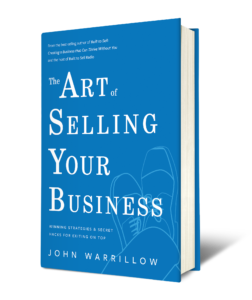“Hello” is a Key Part of Making the Right First Impression

Just as people will form judgments and ideas about you as a person based on first impressions, the same holds true for your company. It is always best to put your “best foot forward,†and this is true whether we’re talking about your personal life or business. Periodically, it is prudent for every company to step back and evaluate its initial point of communication with customers and clients.
In today’s digitally interconnected world, it is critical that customers and clients feel as though they are not just being listened to; they really want to be heard. Emails must be responded to promptly. This is true regardless of whether the email is from a customer requesting more information about your goods or services, or if it’s a message with a question or complaint. If your company is unresponsive, this fact can quickly spread on social media.
Of course, customers and clients still pick up their phones and make calls. While many people’s first impressions of your business are increasingly likely to be via your website, there is no denying the importance of the phone call experience. When callers reach your business, it is vital that they receive a professional and warm reception. Whether the point of contact is a live person or a message, the experience should be a trouble-free and low stress experience.Â
Far too many businesses overlook this variable, but you can be quite certain that not all of their competitors are doing so. If you have a navigation system, it should be easy to navigate. If possible, there should be an option to talk to an operator so that callers don’t get lost within a labyrinthian phone maze filled with dead ends. Callers might not remember a positive phone experience, but you can bet that they will remember a stressful one.
When a team member greets a caller, the response should be pleasant and should include some version of “How may I help you?â€Â Every operator should know company basics, such as your times of operation and the key names of your personnel. They should also demonstrate a willingness to help. Your team members should understand that their job depends on the success of the company and that they are on the frontlines of maintaining a positive business-customer relationship. Professionalism is a must, and team members should never lose sight of this fact.
Finally, your key management executives should invest the time to experience your company’s sphere of communication. What is it like to call your company and interact with team members? What improvements could be made?Â
In this very digital era, it is important to remember that there is still no replacement for human interaction. When a caller reaches out to your company for information or assistance, it is best to use technology judiciously. Try to opt for the human touch when possible. While the person answering the phones at your business might not be the highest paid person on your payroll, always remember that their job is an essential part of your company’s image.
Copyright: Business Brokerage Press, Inc.
The post “Hello†is a Key Part of Making the Right First Impression appeared first on Deal Studio – Automate, accelerate and elevate your deal making.
























